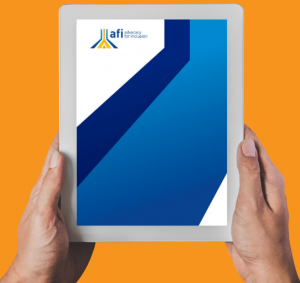
AFI have made a submission to the National Transport Commission consultation on safety reforms for automated vehicles where we say that their rapid rise will be another test of whether new technologies liberate people with disabilities or leave us behind through unintended consequences. The efficacy and effectiveness of new transport modalities should also be judged on whether it advances the ability of vulnerable users to overcome transport disadvantage and obtain transport equity.
Some groups of people – like people who are blind, have much to gain and should be prioritised in access to AV’s. Those at risk from unintended outcomes should also be prioritised. We know, from ridesharing or micromobility devices, what happens when these issues are not addressed prior to a new technology reaching critical mass and being generally adopted – people with disabilities, the frail and elderly lose. There are real safety concerns – both in front of us, like inaccessible voice control, and on the horizon, like AI’s making value based judgments about different groups of pedestrians during an accident.
Ensuring that AV’s enhance the lives of users with disability and addressing safety and accessibility concerns requires a collaborative approach involving technology developers, disability advocates, regulatory bodies, and the users themselves to ensure that automated vehicles can serve as a safe and inclusive mobility solution for all.
Read our submission to the National Transport Commission here <insert>
You can also read our recent joint opinion editorial on transport disadvantage with ACTCOSS here: https://www.facebook.com/photo/?fbid=844566687700769&set=pb.100064423373346.-2207520000
